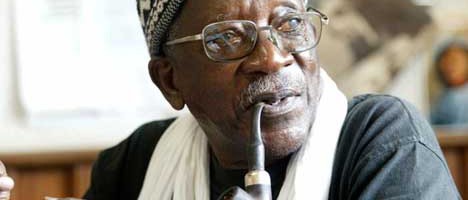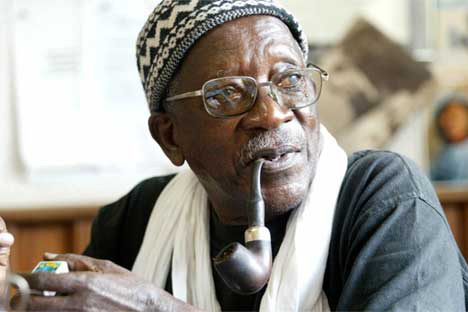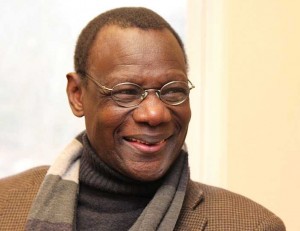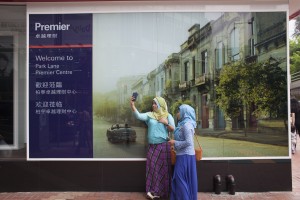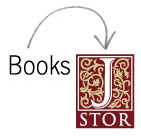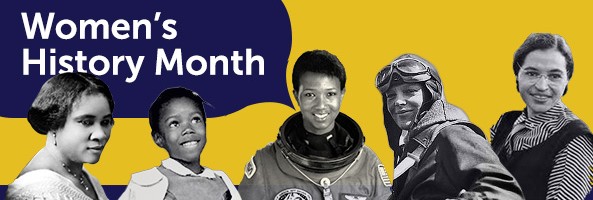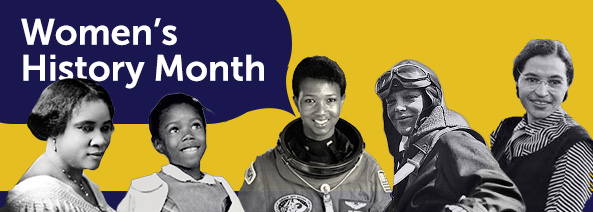
Illinois Wesleyan University will host the fifth annual German Undergraduate Research Conference April 1-2 with most sessions in State Farm Hall and The Ames Library. It is the only undergraduate research conference in the nation that takes place entirely in German, with poster and oral presentations by undergraduates from IWU and 11 other participating institutions.
Kristopher Imbrigotta, visiting assistant professor of German studies at the University of Puget Sound, will present Saturday’s keynote address.
Illinois Wesleyan students presenting include: Kristen Andersen ’17, Hilary Doyle, Nancy Guzman ’16, Elizabeth Sanders ’16, Sophia Staerz ’19, Niyant Vora ’19 and Michaela Wilson ’16. Students from Carleton College, the University of Chicago, Dartmouth, Knox College, Macalester College, Marian University, North Central College, University of North Texas, University of Notre Dame, Pomona College and Worcester Polytechnic Institute will also attend.
The conference is designed to provide an outlet for students from any field of research within German Studies to present their research to their peers and to receive feedback in an academic setting. Presenting at the conference provides students with valuable communication experience relevant to any field of post-graduate work or study being considered, according to Adam Woodis, visiting assistant professor of German.
The German Undergraduate Research Conference is supported by the Andrew W. Mellon Foundation “Re-Centering the Humanities” grant, Student Senate, Isaac Funk Endowed Professorship, held by Marina Balina, and the IWU President’s Office.

